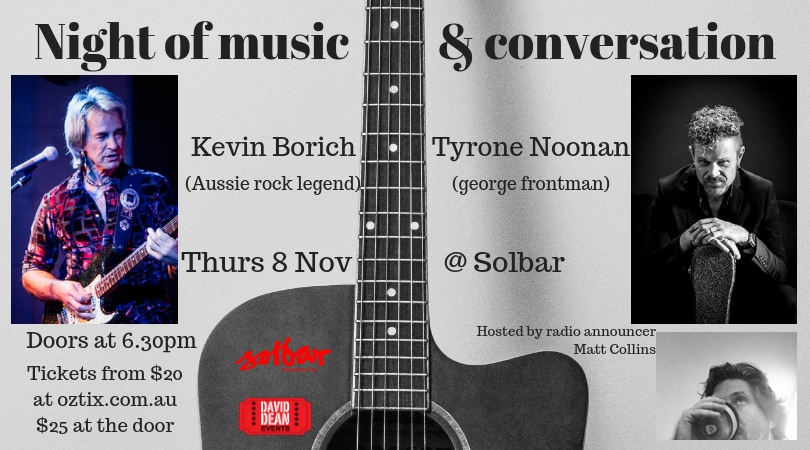Brisbane’s STEPSON signs worldwide deal with SharpTone Records. Band releases video for new single “The …
The use of social media by professional sporting franchises and athletes is an effective method of building communities and communicating with a passionate fanbase who emotionally invest in favoured teams and athletes. 61% of sports viewers follow sports accounts, and 80% interact on social media. The principle platforms are YouTube, Facebook, Twitter and Instagram.
Sport in social media is the highest overall reason for user engagement. In Australia, about 75% of Facebook’s 111 million ‘reactions’ were from NRL, AFL and Cricket alone in 2018.
Throughout 2019 it is predicted that sports franchises will need to produce high-quality content, but less often. Driven by topics spiking in popularity faster and interest in a post fading quickly, users have a narrower attention span. Important to note that 47% of users access Facebook through the mobile app and ignore the desktop version, this implies they are the more frequent users due to mobiles ‘anywhere anytime’ accessibility.

Photo by Sara Kurfeß on Unsplash
5G technology will give mobile users significantly higher speeds over mobile data than through 4G and legacy technologies. The advent of live streaming and the considerable growth of video mean that users want to see training sessions, announcements, and other fan-relevant content.
The gatekeeping role that traditional media played prior to the rise of social media meant athletes focused on performance and didn’t have to build a public profile or brand. In the era of social media, athletes who seek experienced marketing agencies to help curate a digital presence can leverage greater commercial opportunities by building an engaging and realistically authentic profile. The pitfalls to athletes sharing unfiltered content are laid bare in the Israel Folau saga after Rugby Australia annulled his contract.
For Sporting franchises and athletes to garner quicker feedback and greater engagement, they can create Facebook Groups and Private Instagram pages where the algorithms do not affect posts. However, they are both encouraged to ‘own’ their relationship between fans through independent channels. Ultimately, franchises have no control over the algorithm and organic reach on each social media platform, and to consider social media as a crucial part of a digital strategy, but not all of it.
Featured Photo by Keith Johnston on Unsplash




